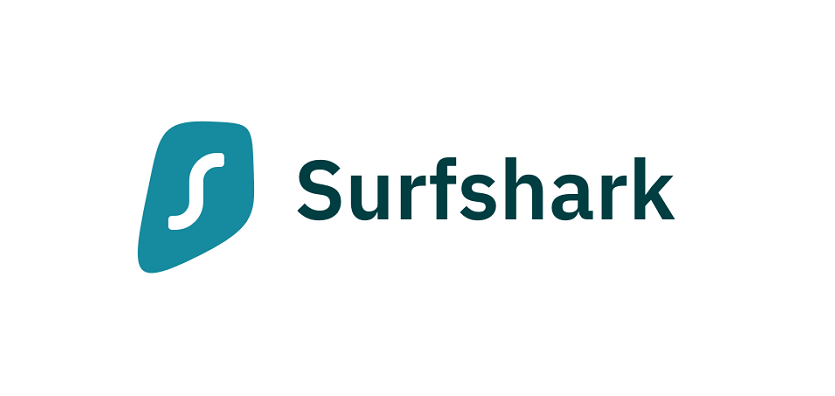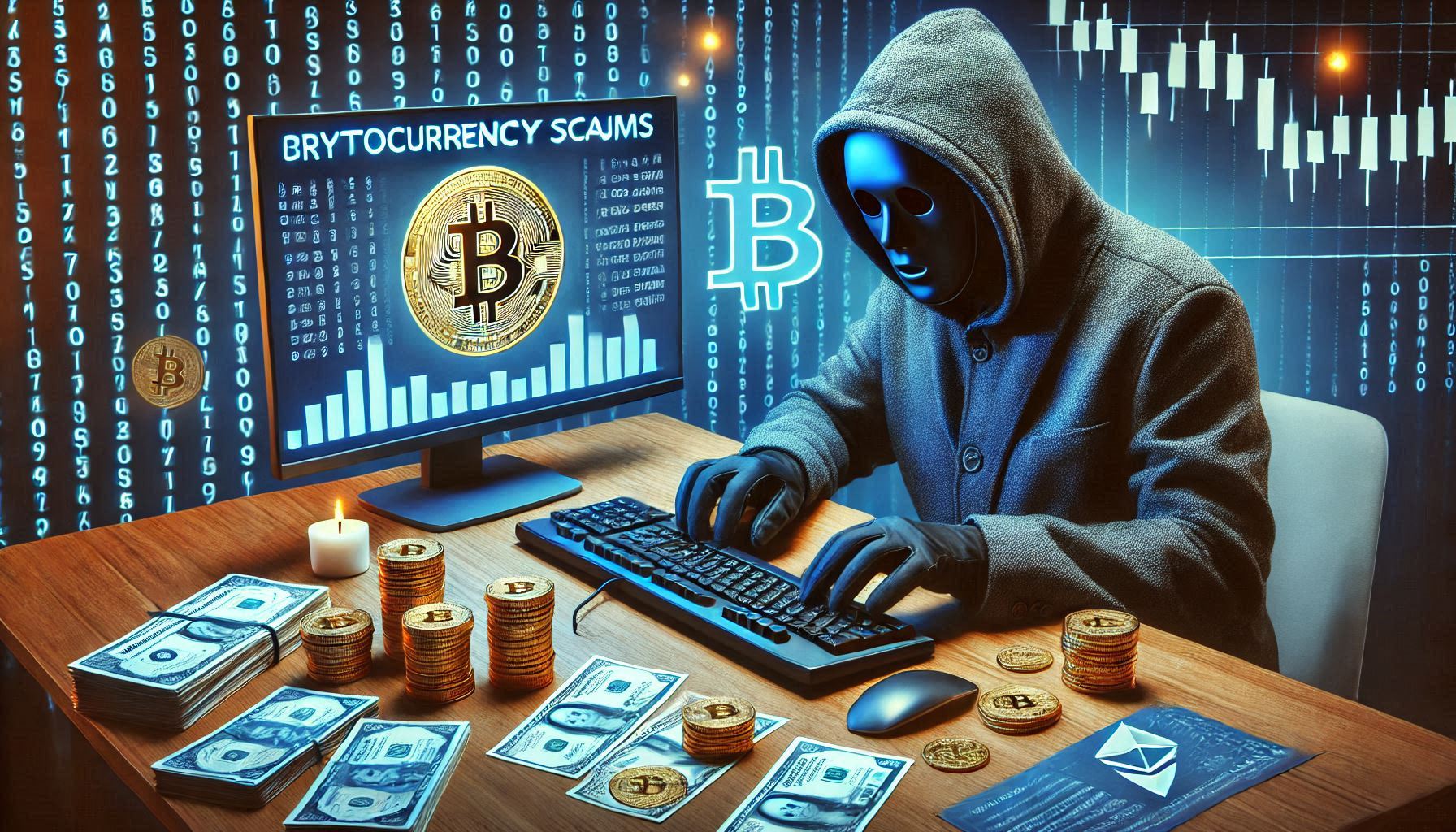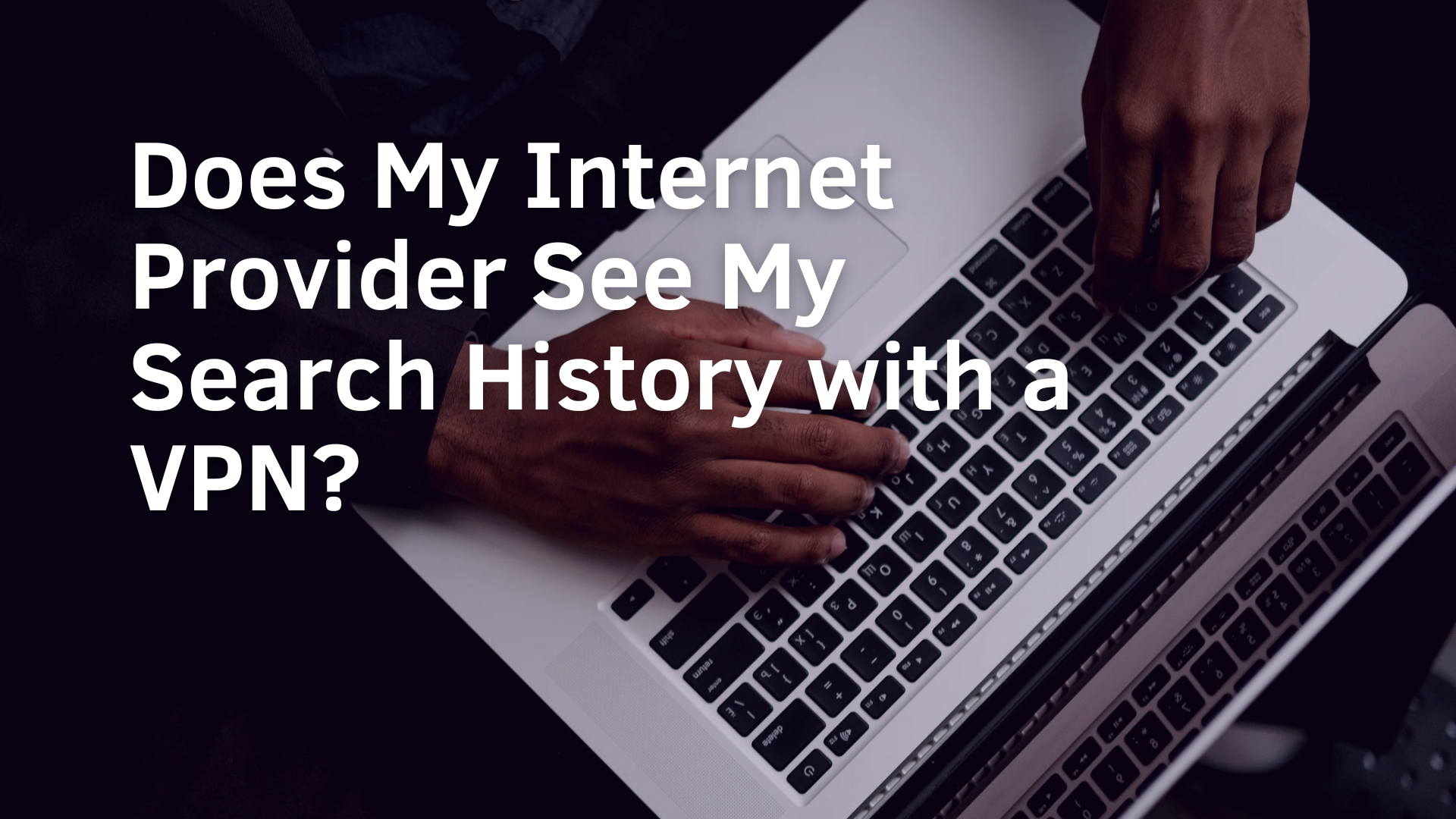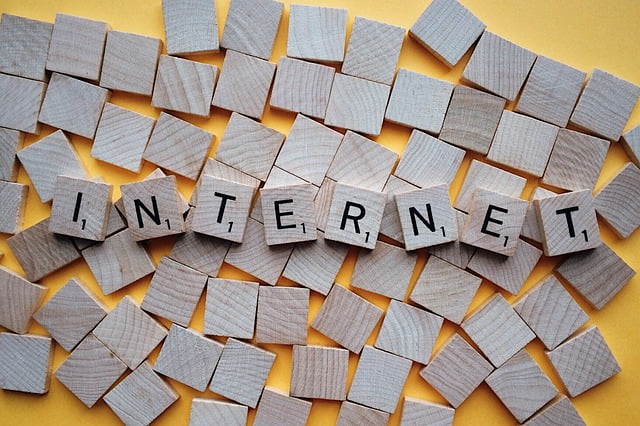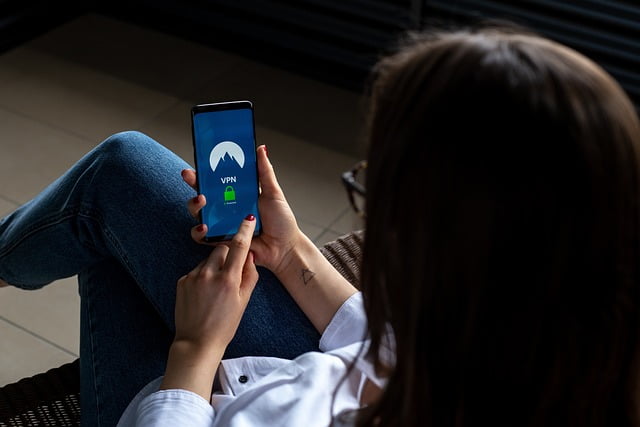Is Online Banking Safe with a VPN?
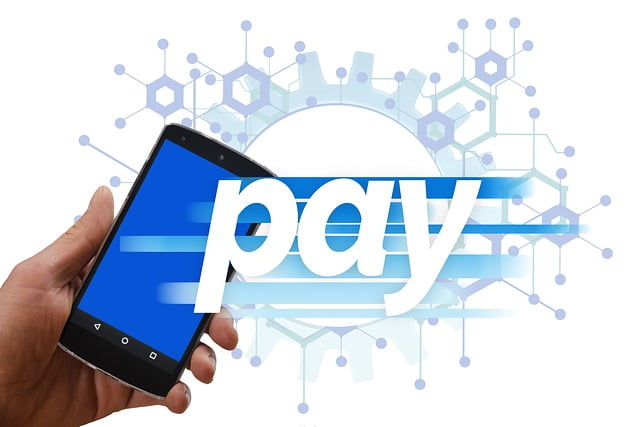
Yes, using a VPN for online banking is safe and can even enhance your security, particularly when connected to public Wi-Fi. A VPN encrypts your data, protecting it from potential threats. It’s important to use a trustworthy VPN service and follow by the security standards for online banking.
Online banking has become normal in this age of technological convenience. From the convenience of your home, you may check your balance, pay bills, and transfer money. But this ease of use also carries the risk of online attacks. Using a virtual private network is one way to improve your online security (VPN). However, the question is: Is using a VPN to bank online safe? Let’s explore this thoroughly.
Understanding VPNs
What is a VPN?
An extra level of security can be added to your internet connection by using a Virtual Private Network, or VPN, which encrypts data and masks your IP address. By establishing a secure tunnel between your device and the internet, it becomes more difficult for hackers to access your information.
How Does a VPN Work?
Our data is routed through a remote server run by the VPN provider when you connect to one. Before your data travels to its intended location, this server encrypts it, hiding your IP address and providing private, secure online activity. It works somewhat like this: your data is shielded from anyone attempting to view it by passing it via an encrypted, secure pipeline.
Benefits of Using a VPN for Online Banking
Encryption of Data
The encryption of data is one of the main benefits of utilizing a VPN. The data that is delivered and received between your device and the bank’s server is encrypted thanks to a VPN. This implies that even in the unlikely event that a hacker obtains your data, they will be unable to interpret it. When using public Wi-Fi networks to access your bank account, encryption is especially important because these networks are known to be unreliable.
Protection on Public Wi-Fi
Due to their well-known lack of security, public Wi-Fi networks are a cybercriminals’ favorite hunting grounds. These networks frequently have lax security controls, which makes data interception by hackers simple. By securing your connection on open Wi-Fi, a VPN keeps hackers from intercepting your private financial information. It establishes a secure route for your data, guaranteeing that it gets there unaltered or pilfered.
Increased Anonymity
By masking your IP address, a VPN gives your online actions more anonymity. This keeps your financial activity confidential and lowers the possibility of targeted assaults. Your online activities are hidden when you use a VPN, which makes it much more difficult for someone to find out what you’re doing and where you’re doing it. Because there are significant risks involved with your information falling into the wrong hands, this anonymity is especially useful while banking online.
Protection from ISP Monitoring
Your internet activity, including your banking transactions, can be monitored by your Internet Service Provider (ISP). ISPs are generally reliable, but the ability for them to track your data raises privacy concerns. By keeping your ISP from seeing your online activity, a VPN protects the privacy of your banking information. Your data is encrypted when you use a VPN; your ISP is unaware of the individual websites you visit or the transactions you make—only that you are connected to a VPN server.
Geo-Blocking Bypass
Because of security concerns, certain banks may limit access to their online services from specific geographic areas. By creating the impression that you are accessing the internet from a different location, a VPN can assist you in getting around these restrictions. This is especially helpful if you need to access your bank account from overseas while traveling.
Protection from Phishing Attacks
Phishing attacks pose a serious risk because they involve cybercriminals using a spoof website to deceive you into divulging sensitive information. By encrypting your data and making it more difficult for attackers to divert your traffic to malicious websites, a VPN can assist defend against such attacks.
Potential Drawbacks of Using a VPN for Online Banking
Trust in VPN Providers
Not every VPN service provider is made equal. Some might sell your data to third parties or log it. Selecting a reliable VPN service provider with a stringent no-logs policy is essential. When a VPN company has a no-logs policy, it indicates that they don’t retain any information about your online actions, protecting your privacy. Finding a trustworthy VPN provider requires investigation and selection. This will guarantee that your data is secret and secure.
Possible Connection Issues
Because using a VPN requires extra steps to route your traffic through a secure server, it can occasionally cause your internet connection to lag. This can be annoying, particularly if you have urgent banking operations to do. Furthermore, using a VPN could be reported as suspicious activity by certain banks, which could result in the temporary locking of an account. If you intend to use a VPN for online banking on a frequent basis, it’s a good idea to let your bank know to prevent any interruptions.
Compatibility Issues
When visited over a VPN, several financial apps and websites might not function as intended. The bank’s security protocols, which obstruct VPN communication, may be to blame for this. To finish your transactions in such circumstances, you might need to temporarily disable your VPN. Although it may be inconvenient, this is a vital step to guarantee that your transactions are completed without a hitch. To preserve your general security, make sure your VPN is enabled again after finishing your banking chores.
Potential for Increased Suspicion
Using a VPN may set off some of the advanced fraud detection systems that banks employ, which could result in temporary account locks. This occurs as a result of the bank detecting a connection from an unexpected or foreign source. Even if the goal is to safeguard your account, this might be annoying if you regularly transfer servers or travel.
Choosing the Right VPN for Online Banking
No-Logs Policy
Make sure the VPN service provider does not track or store any of your internet activity by checking that they have a rigorous no-logs policy. You need to do this to protect your privacy. A no-logs policy ensures that your privacy is protected since even in the unlikely event that the VPN provider is forced to disclose user data, they won’t have anything to give.
Strong Encryption Standards
Look out a VPN that employs robust encryption protocols like AES-256. By doing this, you may be sure that your data is safe and unreadable by anyone who could intercept it. The foundation of VPN security is strong encryption, which gives you the assurance that your private banking information is shielded from prying eyes.
Reputation and Reviews
Check the VPN provider’s reputation. Make sure they have a solid track record of safeguarding user privacy and data by reading reviews and comparing ratings. User reviews and reliable review sites can offer important information about a VPN service’s dependability and efficacy.
Speed and Performance
Security is crucial, but you also need a VPN with outstanding performance and speed. It might be annoying and perhaps interfere with your online banking activities if your VPN is slow. Seek out a VPN that has a track record of upholding strong connection levels without sacrificing security.
Customer Support
Select a VPN service provider with top-notch customer service. In the event that you experience any VPN problems, having rapid and attentive customer service might be essential to getting the issue fixed and guaranteeing the confidentiality of your online banking is intact.
Compatibility with Devices
Make that all of your devices can connect to the VPN that you select. Computers, tablets, and smartphones are just a few of the many gadgets and operating systems that a solid VPN should support. This guarantees that all of your online banking transactions, on any device, may be secure.
Number of Simultaneous Connections
There are VPN services which restrict how many devices can connect to their service at once. Make sure the VPN plan you select has enough simultaneous connections to cover all of your devices if you use numerous devices for online banking.
Additional Security Measures for Online Banking
Use Strong, Unique Passwords
Make sure your password for internet banking is strong and distinct. To keep track of your passwords, steer clear of information that is simple to figure out and think about utilizing a password manager. In order to make a password more difficult for hackers to decipher, a strong password usually consists of a combination of letters, numbers, and special characters.
Enable Two-Factor Authentication (2FA)
To provide an additional degree of protection, turn on two-factor authentication (2FA) whenever it is feasible. Usually, you’ll get a code on your phone, which you have to input in addition to your password. Even if someone knows your password, it will be considerably more difficult for them to access your account thanks to 2FA’s extra security measure.
Regularly Monitor Your Accounts
Pay close attention to your account statements, and notify your bank right once if you notice anything fishy. Consistent observation can assist you in identifying and resolving possible problems early. To receive real-time updates on the activities of your account, set up alerts for odd transactions.
Secure Your Devices
Install dependable antivirus software and update your software frequently to keep your gadgets safe. One of the most important aspects of whole online security is keeping your devices safe. Update your operating system and applications on a regular basis to avoid vulnerabilities in outdated software that hackers may exploit.
Avoid Public Computers for Online Banking
Public computers are insecure, including those found in internet cafés and libraries. Because they can be infected with malware or keyloggers, avoid using them for online banking. To keep your information safe, always use your own devices when banking.
Use a Secure Browser
To access your online banking, use a secure browser with built-in security safeguards. Strong security measures are available in browsers like Brave, Mozilla Firefox, and Google Chrome that can help safeguard your information. Additionally, think about utilizing privacy- and security-enhancing browser extensions.
Log Out After Banking Sessions
After doing any transactions, always log out of your online banking account. Although it’s a good idea to do this on your personal devices as well, it’s especially crucial when using shared or public devices. If someone manages to get their hands on your smartphone, logging out makes sure they can’t access your account.
Common Myths about VPNs and Online Banking
VPNs are Invincible
VPNs significantly improve security, however they are not impenetrable. They should be used in conjunction with other security measures as they are a component of a larger security plan. You cannot be safe from all online hazards, including malware and phishing scams, with just a VPN.
Free VPNs are Just as Good
Many times, expensive VPN services offer more robust security features than free ones. Additionally, they might sell your data to outside parties or log it. For secure online banking, it’s usually preferable to spend money on a reliable, premium VPN. Your experience may be impacted by free VPNs’ slower speeds, less bandwidth, and fewer server locations.
VPNs Completely Anonymize Your Activity
VPNs improve your privacy, but they don’t totally anonymously connect you. Additional precautions are also required, like utilizing safe browsers and exercising caution when sharing personal information online. Transparency and trust are essential because your VPN provider has the ability to see your data if they so chose.
All VPNs Are the Same
The security and privacy provided by VPNs vary. There can be big differences in features, encryption standards, and logging practices. It’s critical to investigate and select a VPN with a solid security reputation that satisfies your unique requirements.
A VPN is Only Necessary on Public Wi-Fi
Although it is particularly crucial when using public Wi-Fi, a VPN is also useful when using your home network. ISPs have the ability to keep an eye on your online activities while you’re at home, but a VPN can shield your data and privacy from tracking or interception.
Real-World Examples of VPNs Enhancing Security
Case Study: Preventing Identity Theft
Imagine using the free Wi-Fi in a coffee shop to access your bank account. Your data could be intercepted by a hacker if you don’t use a VPN. Your data is encrypted when you use a VPN, keeping the hacker from accessing your private data. In one case, a user prevented identity theft by thwarting an attempted man-in-the-middle attack with a VPN to encrypt their connection.
Case Study: Securing Transactions on Public Wi-Fi
Imagine a tourist who only uses the free WiFi at airports and hotels. Even while using potentially unreliable networks, using a VPN guarantees that their financial transactions are secure and secured. A business traveler was able to use a VPN to safely handle their corporate bank account in a documented example, preventing any data breaches and monetary losses.
Case Study: Avoiding Geo-Blocking Issues
Due to geo-blocking regulations, a frequent traveler had trouble accessing their bank account when overseas. They were able to get around the geo-blocking and access their bank account without any problems by pretending to be using a VPN to access the internet from their home country.
Case Study: Protecting Sensitive Business Transactions
The owner of a small firm used the internet for routine banking transactions. They were able to prevent rivals or fraudsters from intercepting their financial data by employing a VPN. For the purpose of handling supplier payments, payroll, and other crucial financial operations, the VPN offered a safe setting.
Case Study: Ensuring Privacy in High-Risk Areas
People have used virtual private networks, or VPNs, to safeguard their online banking activity in nations where there is extensive government surveillance or censorship. In order to protect their personal and business money and to ensure that their financial transactions remained secret, a journalist working in such an area used a VPN.
Conclusion
So, is online banking safe with a VPN? The answer is a resounding yes—provided you use a reputable VPN service and follow best practices for online security. A VPN adds a robust layer of encryption and privacy, making it much harder for cybercriminals to access your sensitive banking information. However, it’s essential to remain vigilant and use a VPN as part of a comprehensive approach to online security. By combining a VPN with other security measures, you can enjoy the convenience of online banking with peace of mind.
FAQs
What is the main benefit of using a VPN for online banking?
The main benefit is the encryption of your data, which protects your sensitive information from being intercepted by hackers, especially on public Wi-Fi networks.
Can my bank block my access if I use a VPN?
Some banks may flag VPN usage as suspicious activity and temporarily lock your account. It’s a good idea to notify your bank if you plan to use a VPN regularly for online banking.
Is it safe to use a free VPN for online banking?
Free VPNs often lack robust security features and may log or sell your data. It’s generally safer to use a reputable, paid VPN for online banking.
How do I know if my VPN is working correctly?
You can test your VPN by checking your IP address before and after connecting to see if it has changed. Many VPN providers also offer tools to verify that your connection is secure.
Are there alternatives to using a VPN for online banking security?
Yes, other measures include using secure, updated devices, enabling two-factor authentication, and regularly monitoring your bank accounts for suspicious activity.
For more information you can comment below, Thanks and stay secure.
Loading newsletter form...

